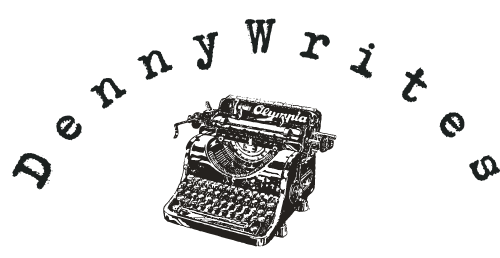How Much Will The Average Author Make in 2018?
With the advent of the self-publishing craze in the past decade, it is becoming increasingly popular for people to try their hands at becoming an author. More and more writers are entering the field in the hopes of gaining stardom alongside the Hugh Howeys of the world. But does this saturation of authorship mean that authors are earning less? Let's take a look at what authors earned in previous years first, and then compare that to the most recent data from January 2018.
The latest available data from the Bureau of Labor Statistics is from 2016. It shows that writers and authors—which the BLS considers as a single occupation—earned an average annual wage of $71,920. Of course, this amount was slightly skewed with the success of bestselling authors like Stephen King, J.K. Rowling, and Dan Brown. However, the BLS reports that the average was a cool $61,240. The lower ten percent of professional writers and authors earned just less than $30,000 in 2016. Those in the top ten percent earned upwards of $118,000.
In 2018, according to PayScale, earnings have become more polarized. Nowadays, authors in the lower percentiles make about $20,000 while those in the upper crust make slightly more than $120,000—or one hundred thousand dollars more than their less-successful counterparts. The median average has dropped down to $51,086. Either way, the American Dream still appears to hold true for authors: work hard, focus on bettering your craft, and you can earn a comfortable living. Entertainment and education—the bread and butter of an author—seem to be hot commodities.
Splitting the Data
Contrary to the negativity surrounding print media these days, the latest data from Author Earnings, which tracks book sales in real-time, suggest that print books are more popular than e-books. It should be noted that pricey college textbooks shift the data toward print, though. However, the January 2018 Author Earnings report shows that online print book sales during the last three quarters of 2017 skyrocketed to over $3 billion while e-books took in a measly $1 billion. This is true even though the number of e-books sold far exceeded the number of print books. While the audiobook format does seem to be on the rise, by raking in less than half a billion dollars, it appears to have a long way to go before it supplants good, old-fashioned reading.
Interestingly enough, the earnings of authors also appear to depend upon their chosen genre. According to Author Earnings, someone buying an adult romance novel has a 90% chance of purchasing an e-book as opposed to a print copy. For sci-fi and fantasy readers, the numbers show that more than 75% of purchases are either e-books or audiobooks. More traditional literary genres, such as dramas, plays, and books of poetry, are still mostly bought in hard copy. Still, even though e-book sales far exceed print sales, the earnings made from print copies are roughly triple that of strictly digital books. Authors looking to make serious coin should consider publishing in print.
Difference in Publishing Styles
It is a rough-and-tumble world out there for writers and authors, but the same has always been true of most professions. Those who wish to make serious money must work hard to provide a desirable product to consumers, and oftentimes it is the people who have the most experience who know how to provide such a product. The Author Earnings data reports that about 43% of all dollars earned from books (whether digital or print) has gone to the “Big Five” traditional publishers. For comparison, the Amazon publishing platform so popular among self-published authors commands about 5% of market dollars. Independent self-published imprints fair a bit better, earning roughly 10% of total book sales profits.
What does this tell us? Well, even after the indie author craze, it appears that the big publishers are still the powerhouses of the market. It may not be such a bad idea to publish traditionally after all. That said, many authors flock to independent and self-publishing outlets because of the creative freedom those outlets have. For many, sacrificing a larger paycheck is worth keeping creative control over their works. Regardless, it does not appear that traditional publishers are going away anytime soon.
